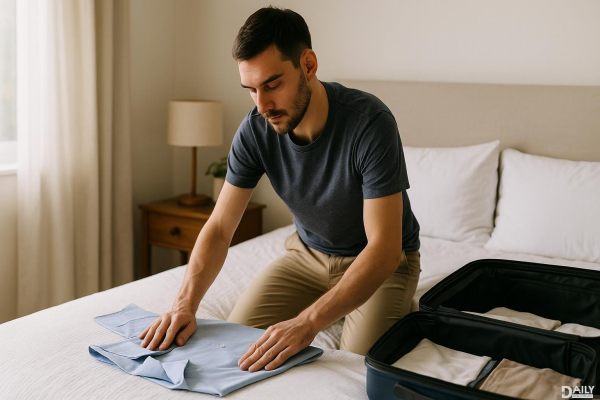Sleep is supposed to be your body’s reset button, but when you oversleep, it can feel more like a glitch in the system. Morning headaches are one of the most common signs that your sleep habits might be out of whack. Whether it’s stress, poor sleep hygiene, or an underlying condition throwing things off, too much shut-eye can leave you feeling worse than if you’d just pulled an all-nighter. So why does sleeping in lead to pounding temples, and what can you do about it? Let’s break it down.
The Science Behind Sleep and Headaches
Your brain runs on a delicate balance of chemicals, and sleep—or the lack of it—can throw that balance into chaos. Serotonin, a neurotransmitter that regulates mood, appetite, and sleep, plays a major role here. When you oversleep, your serotonin levels can dip, triggering headaches or even migraines. Dr. Lindsay Elton, a neurologist specializing in pediatrics, explains that oversleeping is a known migraine trigger. "If I sleep in past my usual wake-up time, I know I’m in for a headache all day," she says. And she’s not alone—many people experience this frustrating cycle where extra sleep leads to pain instead of relief.
But serotonin isn’t the only culprit. Oversleeping can also mess with your circadian rhythm—your body’s internal clock—which regulates everything from hormone release to digestion. When this rhythm gets disrupted, your brain struggles to adjust, often resulting in grogginess, irritability, and yes, headaches. Plus, sleeping too much can mean you’re going too long without food or water, both of which can contribute to dehydration headaches or low blood sugar.
Other Hidden Triggers in Your Sleep Routine
While oversleeping is a major factor, it’s not the only sleep-related headache trigger. Teeth grinding (bruxism), for example, can strain your jaw and lead to tension headaches. If you wake up with a sore jaw or a dull ache around your temples, that might be the issue. Chronic pain conditions—like arthritis or fibromyalgia—can also make it harder to get restful sleep, leading to fatigue and headaches the next day.
Then there’s the issue of sleep environment. Sharing a bed with a restless partner? Their tossing and turning (or snoring) could be fragmenting your sleep, even if you don’t fully wake up. Poor sleep quality—whether from noise, light, or an uncomfortable mattress—can leave you feeling exhausted despite logging extra hours in bed.
How to Fix Your Sleep (and Stop the Headaches)
If you’re constantly waking up with headaches, the first step is to figure out why you’re oversleeping in the first place. Dr. Thomas Pitts, a neurologist at Hudson Medical, emphasizes that correcting the root cause—whether it’s a sleep disorder, mood imbalance, or bad habits—is key. "Headaches from oversleeping don’t happen in a vacuum," he says. "They’re usually a sign that something else is off."
One of the best ways to regulate your sleep is by sticking to a consistent schedule—yes, even on weekends. Dr. Elton advises her patients to wake up at the same time every day, whether they feel like it or not. "You don’t have to jump out of bed and run a marathon," she says. "Just get up, move to another room, and let your body adjust." This helps reinforce your circadian rhythm and prevents the sleep hangover that comes with erratic schedules.
Sleep hygiene also plays a huge role. That means cutting off caffeine by early afternoon, avoiding screens before bed, and keeping your bedroom cool, dark, and quiet. If you suspect bruxism, a night guard might help. And if stress or anxiety is keeping you in bed longer than you should be, cognitive behavioral therapy (CBT) or relaxation techniques like meditation could make a difference.
When to See a Doctor
If lifestyle changes aren’t helping, it might be time to consult a specialist. Persistent oversleeping and headaches could signal an underlying issue like sleep apnea, depression, or even a hormonal imbalance. A neurologist or sleep specialist can run tests—like a sleep study—to pinpoint the problem. In some cases, short-term use of melatonin (under medical supervision) can help reset your sleep-wake cycle.
At the end of the day, sleep should leave you refreshed, not wrecked. If your extra hours in bed are backfiring, it’s worth taking a closer look at your habits and making adjustments. Because nobody wants to start their day with a headache—especially when the cure might be as simple as setting an alarm.
























